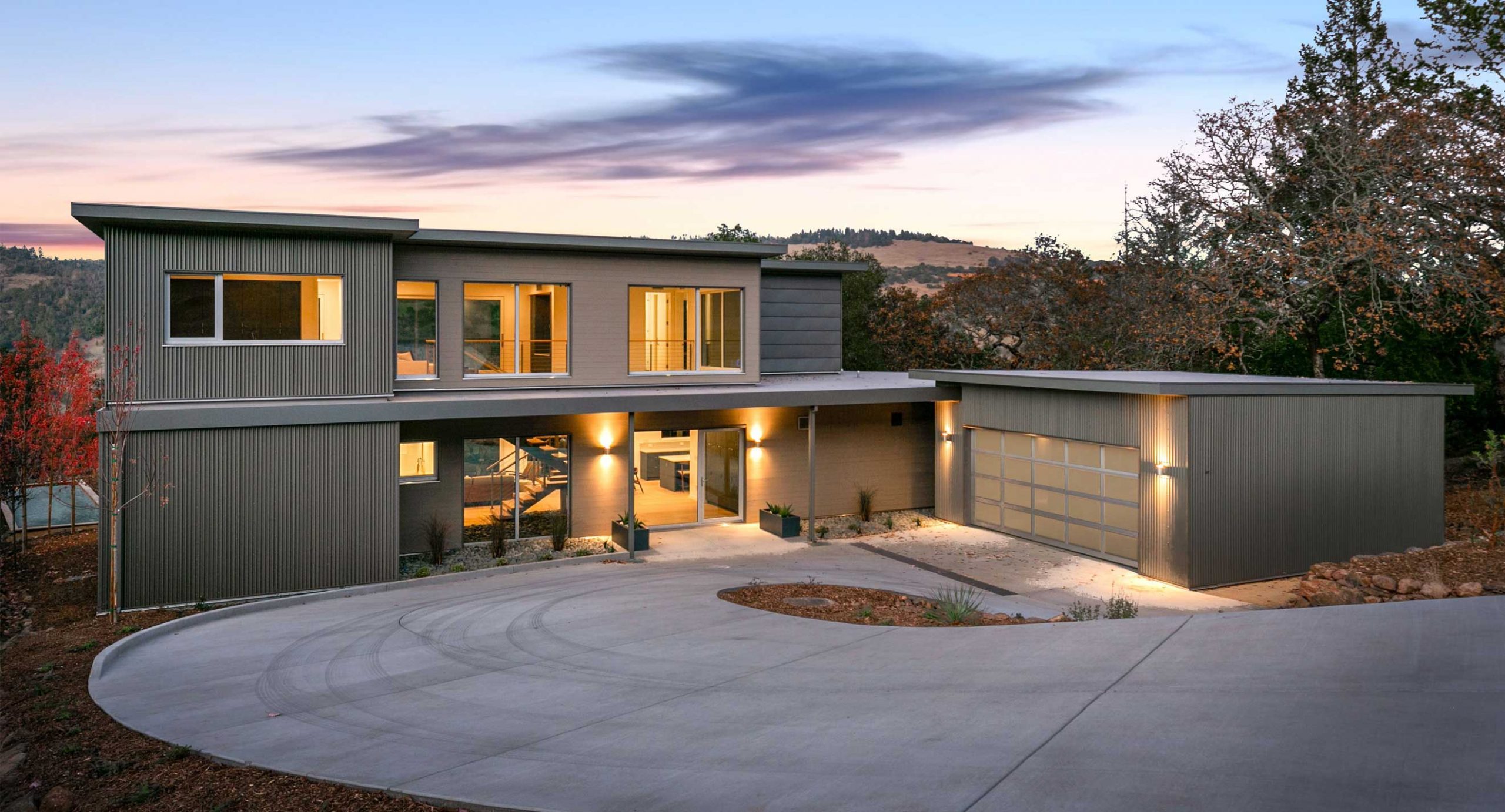On Whidbey Island, both buying a home and building one will cost you around $400 a square foot right now. Remodeling can be even more than that. So, as we navigate this affordability crisis in the United States the government and the private sector are trying to find the next innovation that may help bring down those costs. It looks like modular homes might be the answer.
Converting office buildings into apartments is complex and expensive. Allowing ADUs (additional dwelling units) on lots is gaining momentum but people are still struggling with giving up privacy and space. The trend of having roommates again is catching on but mostly with the younger generations.
Modular homes, not to be confused with manufactured homes, are built in factories with a high-quality standard using modern engineering techniques. And the best part is that costs have quickly come down into the $100-$200 a sq ft range.
Those of us who regularly take the Port Townsend ferry drive right by one of the cooler, local examples of a small modular home built by GreenPod Development. I have been eyeing it for years and even took a tour of it as I consider what to put on the lot next to our cabin. It is incredible what can be done with small spaces now.
The government is supporting modular building for a variety of reasons including the fact that modular homes are often more efficient and environmentally friendly. The “On The Markeet Podcast” discussed modular homes recently and they all agreed that the factory assembly is a good antidote for the soaring costs of lumber and construction labor. They also talked about the fact that you still need land and somewhere for all of the waste to go so septics and sewer hook-ups remain critical.
There are a lot of business trying to establish market share in this growing sector. Here are some of the builders setting the trends with modular homes:
- Boxabl: Elon Musk made this company famous when he lived in one while working in Austin, TX.
- Dvele: Using more sustainable materials and AI to create smarter, efficient homes.
- Clayton Homes: Advertised as affordable and accessible
- 23 more companies that are creating and innovating

 Facebook
Facebook
 X
X
 Pinterest
Pinterest
 Copy Link
Copy Link
